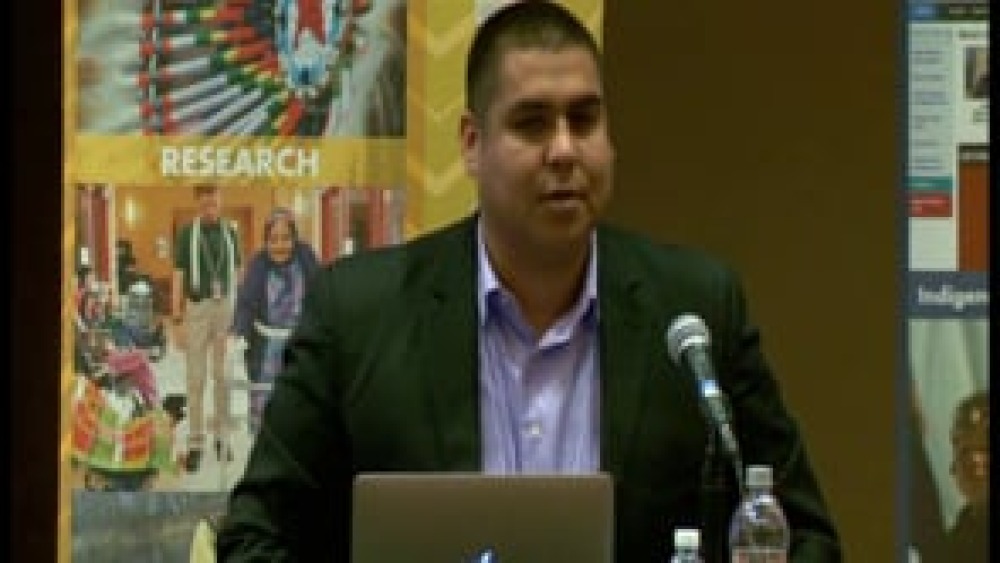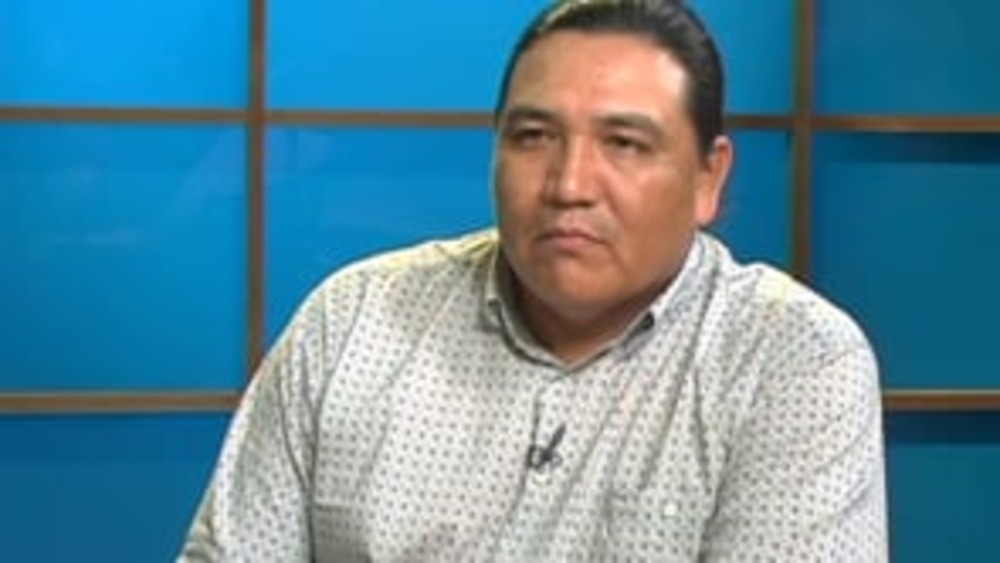Indigenous Governance Database
Native Nation Rebuilders program
Thumbnail

LeRoy Staples Fairbanks III: What I Wish I Knew Before I Took Office
Leroy Staples Fairbanks III, who serves on the Leech Lake Band of Ojibwe Council, discusses some of the hard stances he had to take in order to do his job well and also shares an overview of some of the major steps thatthe leech Lake Band has taken in order to govern more effectively and use its…
Thumbnail

Leroy LaPlante, Jr.: Effective Bureaucracies and Independent Justice Systems: Key to Nation Building
In this informative interview with NNI's Ian Record, Leroy LaPlante, Jr., former chief administrative officer with the Cheyenne River Sioux Tribe and a former tribal judge, offers his thoughts on what Native nation bureaucracies and justice systems need to have and need to do in order to support…
